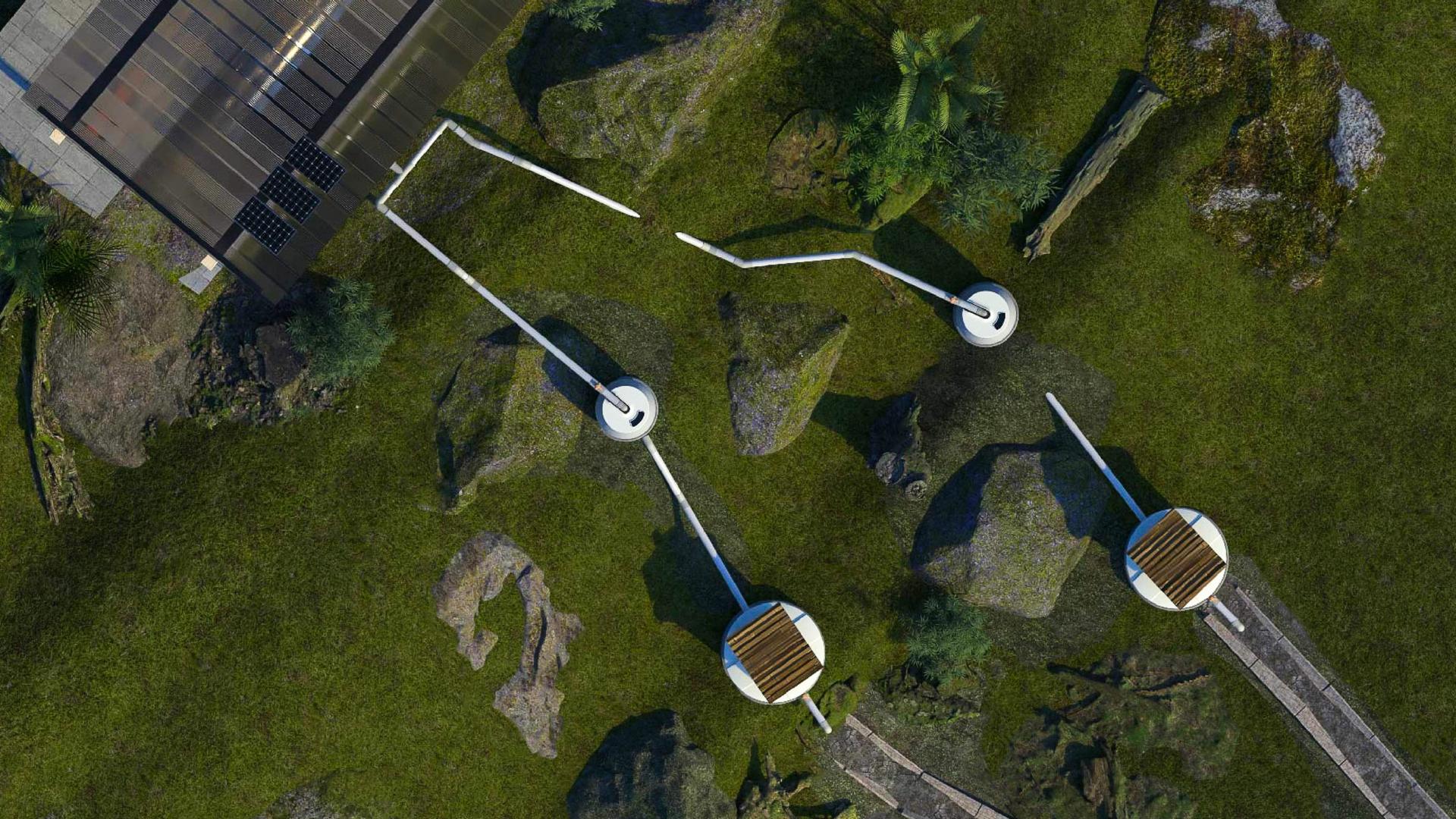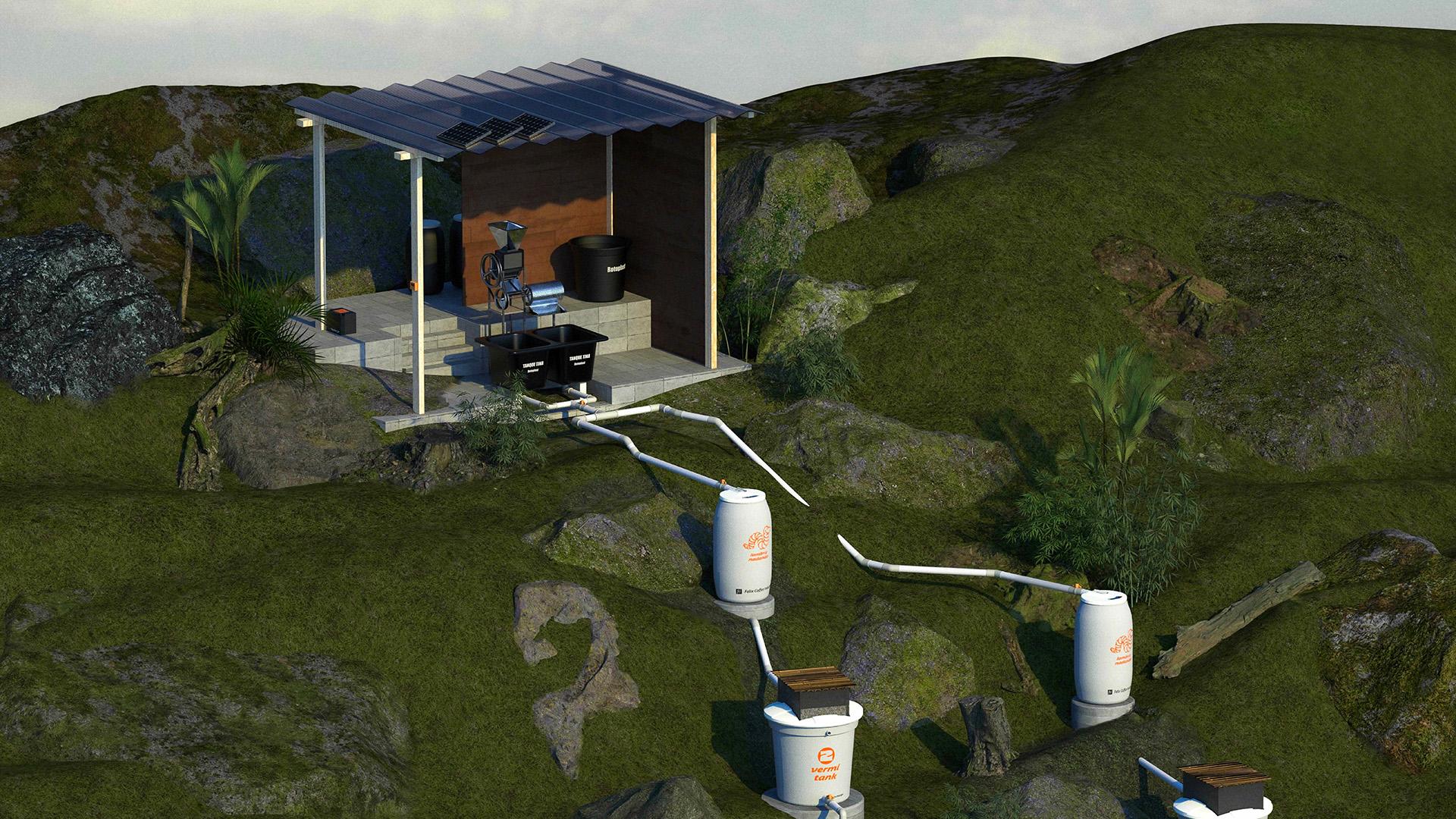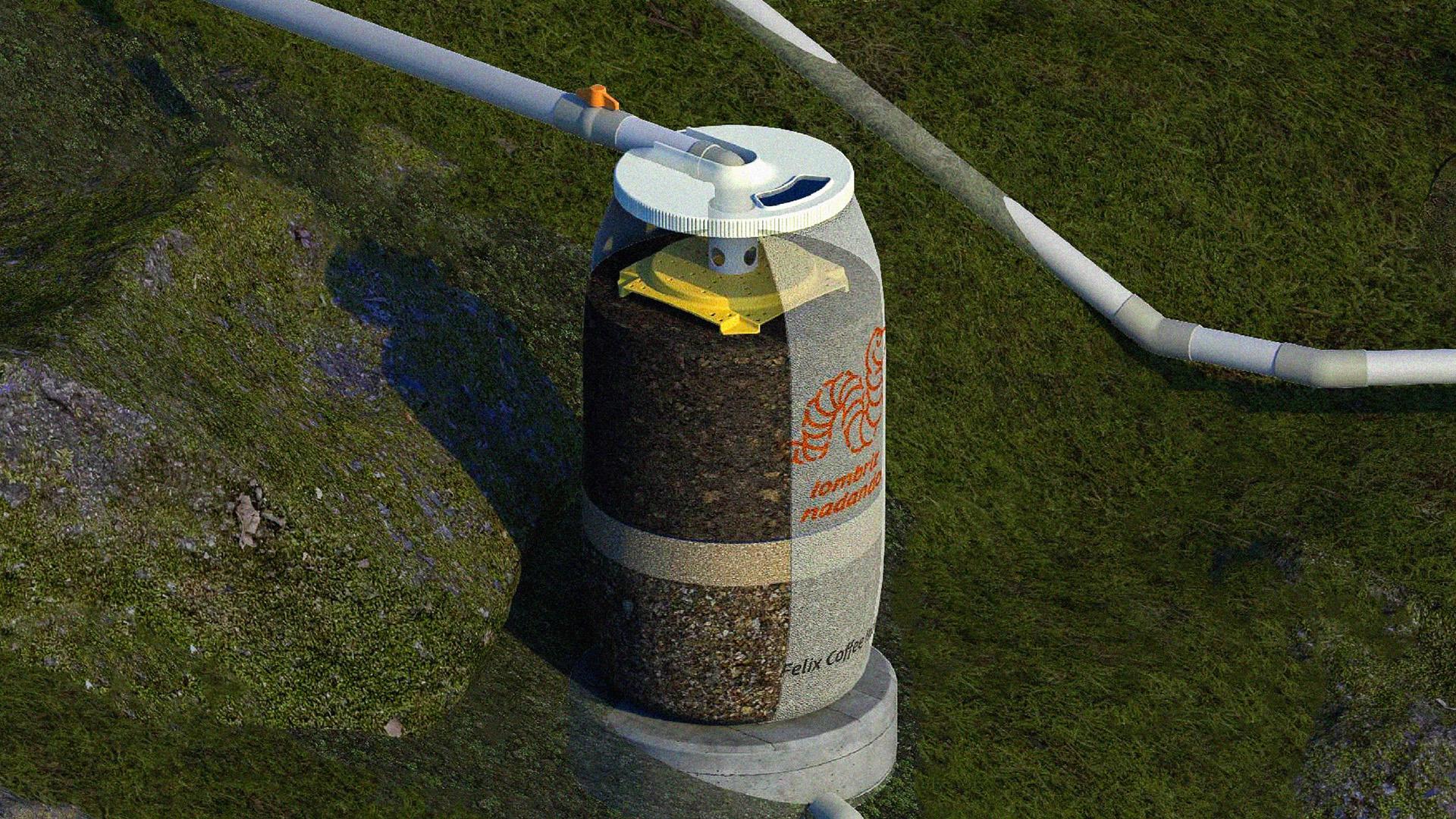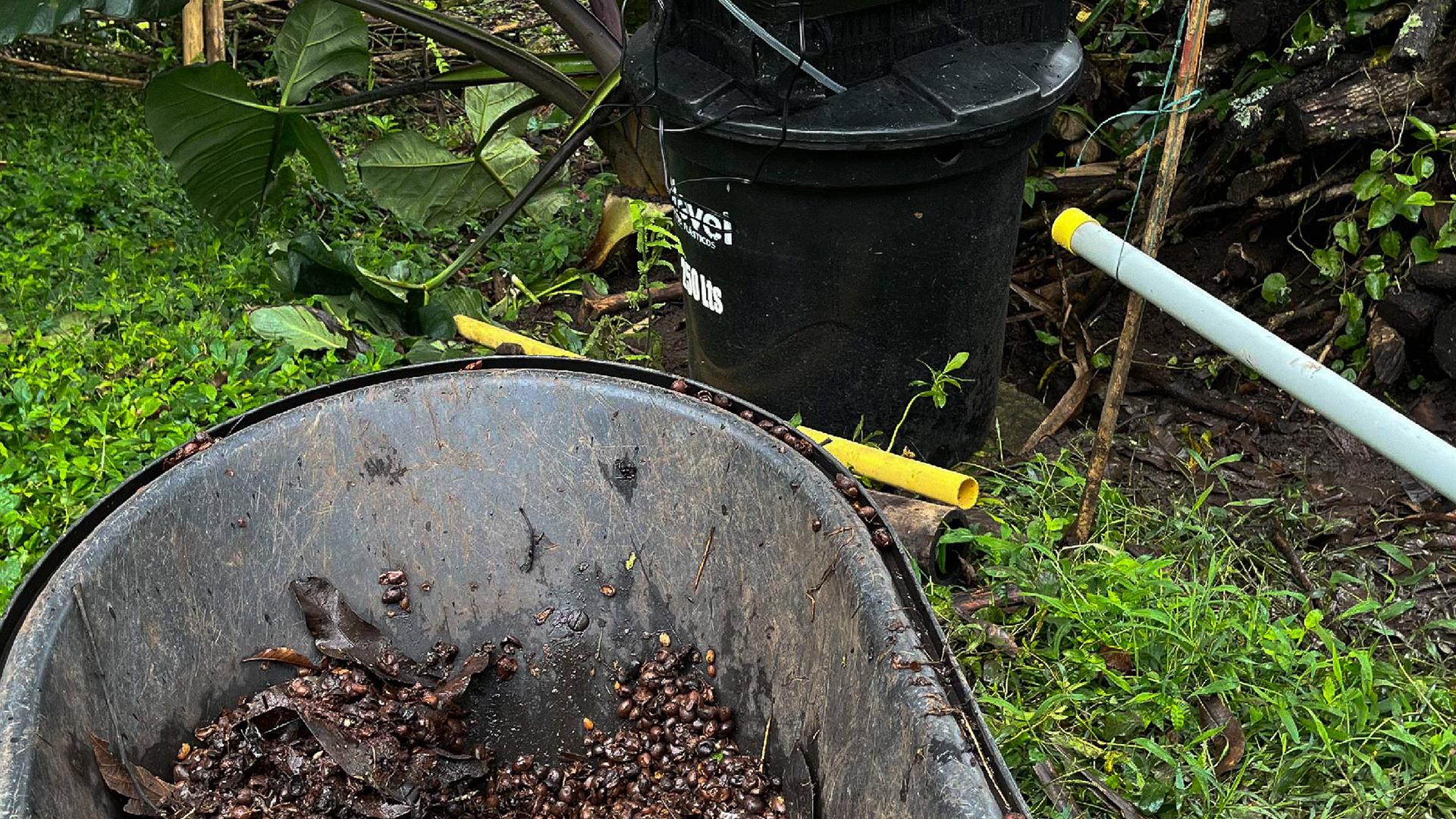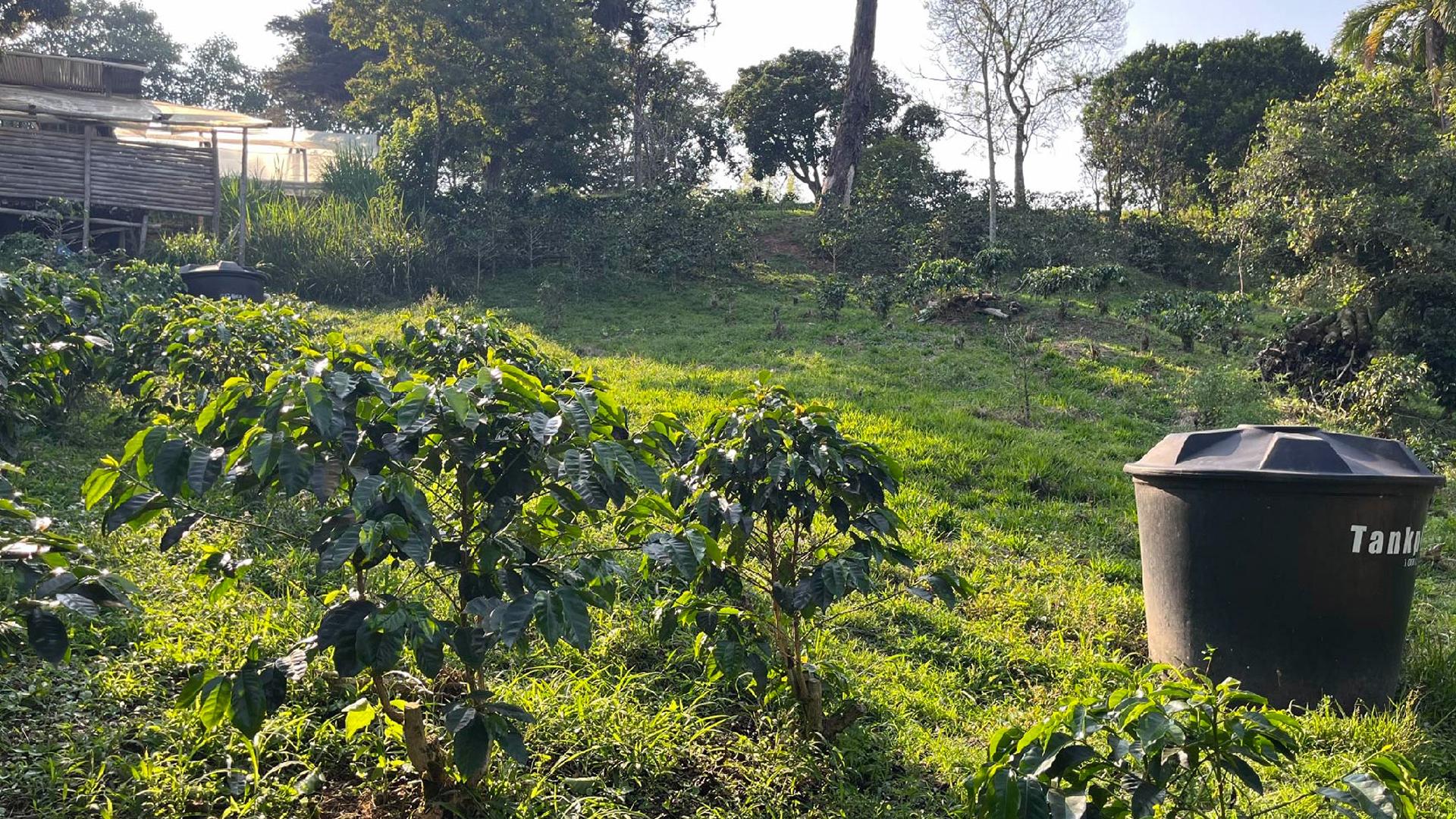Coffee’s Hidden Pollution at Origin
Coffee processing generates large volumes of acidic, organic-rich wastewater in the transformation from fruit to bean. At origin, this hidden stage of coffee production creates serious environmental pressures. In Colombia, where 99.4% of producers are smallholders, most cannot afford treatment systems. When discharged untreated, this wastewater pollutes rivers, degrades soils, and harms biodiversity—leaving farmers vulnerable to both ecological and economic risks.
Clean Water, Healthy Soil, Empowered Coffee Farmers
BioBrew turns wastewater into a resource. Through vermi-filtration, earthworms and microbes clean the water while composting coffee pulp into fertiliser. Built with local materials and powered by solar energy, the system is modular, open-source, and simple to maintain. By reducing pollution, restoring soils, and cutting reliance on chemical fertilisers, BioBrew empowers small coffee farmers to shift from vulnerable practices toward sustainable, regenerative production—making every cup of coffee guilt-free.

 Toilets available
Toilets available
